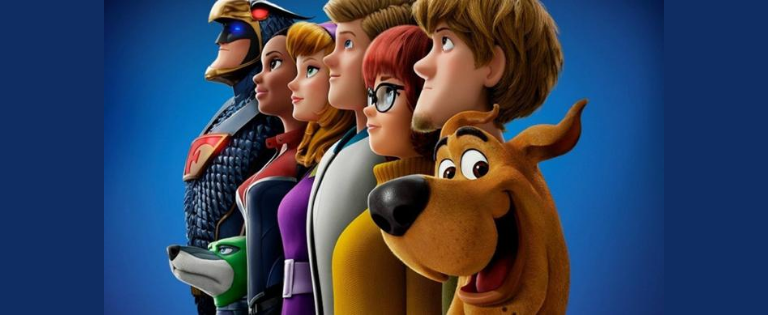Navigating A New Media Landscape

The explosion of streaming services has given big media companies an added platform during the COVID-19 pandemic that’s been a lifeline of sorts – a direct route to a captive audience while cinemas are shut and entertainment options limited. In a few cases – Dreamworks’ Trolls World Tour and WarnerMedia’s Scoob going to VOD, and Disney pushing Hamilton up 16 months to launch on Disney+ on July 3 — it’s given the studios a clearer look at how in-home video may fit into their future.
(In a related development as this article was completed, Universal and AMC announced a deal sharply cutting the window between a film’s theatrical and Premium VOD release.)
Changing course
“There is going to be some content on the margin that we’d look at and say it may be better served to be distributed in… a different construct [than theaters],” said AT&T CEO John Stankey, whose company owns WarnerMedia, told investors last week. “We’ve been able to build a platform that we can get leverage and capabilities out of any content we build, theatrical or otherwise. Do I think that there could be some things that we originally chartered and built for theatrical release that maybe migrate into a VOD or streaming? Sure, I think that could occur.”
That last point is of vital concern to the licensing community – particularly with the jumbled, ever-shifting release schedule for the next couple of years at least. There’s a big difference between a property that launches with the power of a theatrical campaign and one with the backing of a less-robust effort typically tied to a streamer.
A special case
Brian Goldner, CEO of Hasbro – both licensee and producer – has seen it from both sides, most specifically via Trolls. “We continue to partner with Universal and make the most that we can make out of Trolls,” he said last week. “But that was a switch that happened because of COVID coming and theaters closing, and marketing had been done and shelves already stocked, so I wouldn’t view that as the type of purposeful strategy we may see in the future.”
That may have been a one-off of sorts, but the scenario that Stankey laid out – of films being shifted along the way from theatrical to streamer – creates a scenario that will need to be settled between property owners and licensees.
“As we get more concrete examples we can start shaping everything, but it would be hard to argue that the two releases are the same or equal” in terms of marketing and retail support, says Paul Beck, Senior Licensing Manager at Trends International.
“There needs to be and will be contract accommodations made” within existing agreements to account for [theatrical] films being released for VOD and streaming,” says Leigh Ann Schwarzkopf, president of Project Partners Network. “There’s no baseline anymore and forecasts aren’t possible. How do you think two years out? Where it settles down will have a huge impact. There is a difference between streaming and full-on feature films.”
“Theatrical films get more attention at retail and there are instant financial results” due to the compressed, intense marketing support, says Dean Allen, Chief Merchandising Officer at Mad Engine. “Nothing outside of ‘Stranger Things’ and ‘Mandalorian’ has touched what the box office carries with TV or film licensing.”
Some say it could lead to the wide usage of entertainment equivalent of a contract construct familiar in the sports world – the if/then agreement, i.e. “If Team A wins the championship, then this deal goes into effect.” The motion picture version might be, “If Property A launches through theaters, the MG is X; if on a streaming platform, it’s Y.”
It’s a new media landscape. It will take good will and creativity to travel it.




